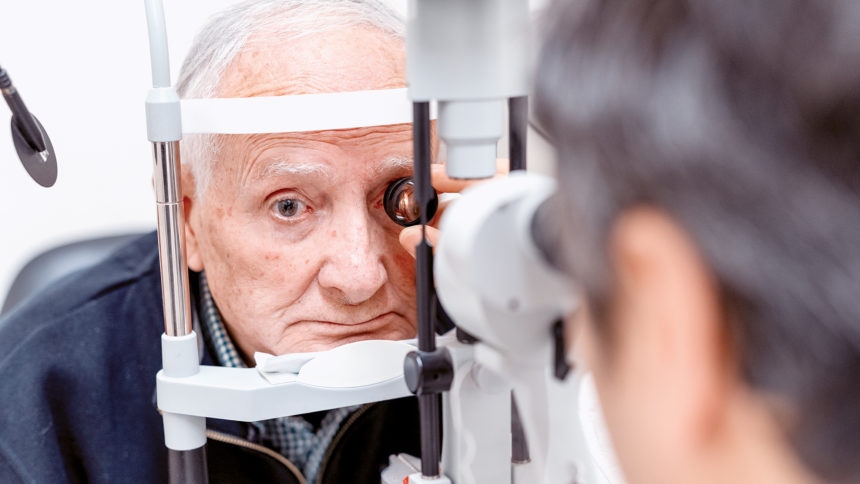
A protein in animals has the potential to reverse cataracts in humans without surgery, though more research is needed to know if it works, a new study finds.
Researchers found a naturally occurring protein in hibernating squirrels that could cure the eye condition. Investigators said the RNF114 protein could be the key to removing or reversing cataracts. Of course, it needs to be tested in humans to make that determination, the team from the U.S. National Eye Institute (NEI) noted.
Findings of their study were published Sept. 17 in the Journal of Clinical Investigation.
Cataracts form a cloudy area on the lens of the eye that can cause vision to become cloudy. Surgery is the only option to fix it. About 4 million cataract removals are done every year in the United States, the authors noted.
“Understanding the molecular drivers of this reversible cataract phenomenon might point us in a direction toward a potential treatment strategy,” Wei Li, PhD, researcher and a senior investigator in the NEI’s Retinal Neurophysiology Section, said in a statement.
Cataracts develop in species other than humans as a result of cold temperatures, because their bodies try to adapt to metabolic stress, the researchers explained.
Researchers collected stem cells derived from the squirrels and evaluated them in a lab. They isolated the RNF114 protein as being crucial to healthy protein turnover in the animals’ eyes.
The team found that the squirrels’ eye lenses became fuzzy at around 39 degrees Fahrenheit but reversed after they were rewarmed. In rats, the cataracts formed at the same temperatures but were permanent.
“RNF114 was significantly elevated [in the eye] during rewarming in the ground squirrel,” the NEI researchers said.
When the scientists injected extra RNF114 into the eyes of rats with cataracts, the growth rapidly reversed.
Researchers said this could mean that a dose of RNF114 could reverse cataracts.
“Scientists have long searched for an alternative to cataract surgery, which is effective, but not without risk. Lack of access to cataract surgery is a barrier to care in some parts of the world, causing untreated cataracts to be a leading cause of blindness worldwide,” Xingchao Shentu, co-lead author, a cataract surgeon and researcher at Zhejiang University, in China, added.




